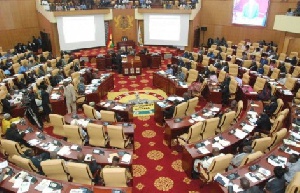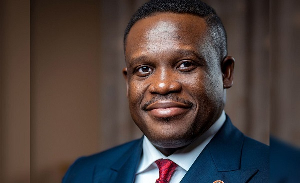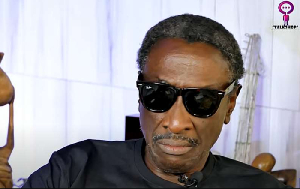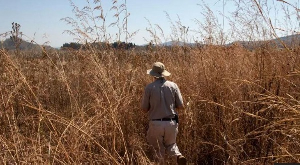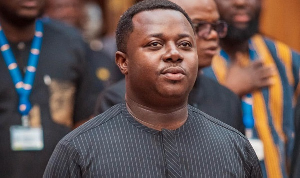There have been lots of talk about the role social media plays and its importance especially in the conduct of elections.
A latest report by Odekro reveals that out of the 275 legislators in Ghana, only 131 are present on social media sites Facebook and Twitter.
This represents a figure of 47.6% of the total number of MPs in Parliament.
"Of the 275 MPs in Ghana’s Parliament, 131 (47.6%) are on social media (Facebook and Twitter)" the report contained.
The survey by Odekro established that of the 131 MPs there are more legislators from the governing New Patriotic Party who have an overwhelming majority in parliament to the opposition National Democratic Congress who lost the 2016 election in a humiliating defeat.
"Of the 131 MPs present on social media, 76 (58%) are affiliated to the New Patriotic Party (NPP) and 55 (42%) are affiliated to the National Democratic Congress (NDC)" the survey captured.
The report also noted that "all 131 MPs are on Facebook with about 10% on Twitter and "Of the 131 MPs present on social media, 105 (80%) are men and 26 (20%) are women."

The aim of the report was to "inform Ghanaians about the social media presence of their MPs; examine the kind of content MPs share on their social media platforms; identify the most active MPs on social media"
The report which was signed by Ernest Armah, Director, Research & Content Development, Odekro PMO indicated that "NPP MPs have more influence on Twitter than NDC MPs with an average following of 79,365 compared to the NDC’s average following of 35,522"

It also emerged that "generally, the tone of social media contents by both parties on average are largely partisan (35%) followed by information on constituency-related issues (31%), national issues (20%) and parliament related issues (14%)"

The research was conducted between January 19– February 16, 2018
General News of Monday, 19 February 2018
Source: www.ghanaweb.com

